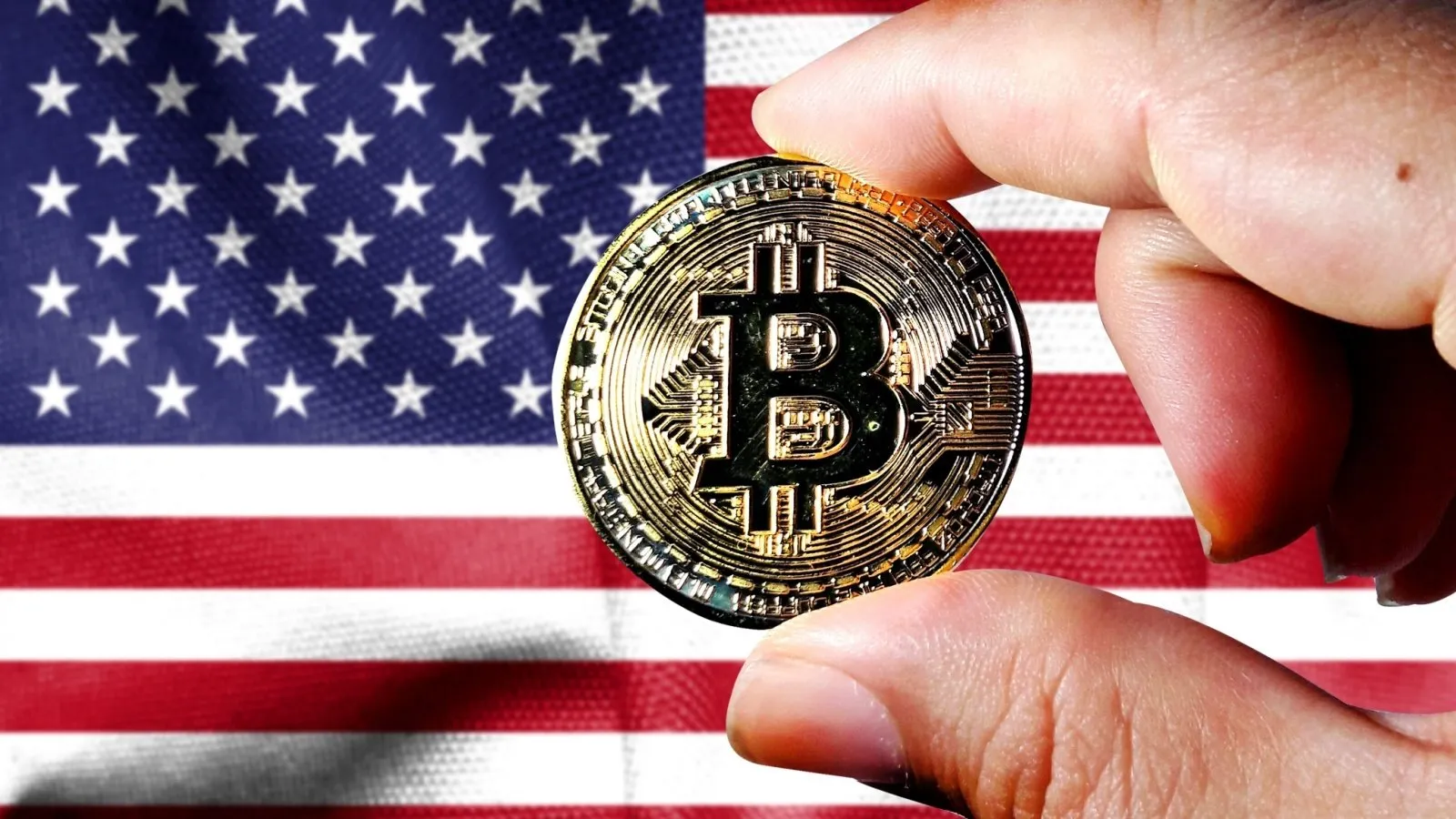Sen. Cynthia Lummis, R-Wyo formally introduced a bill to the U.S. Senate on Wednesday seeking to establish a national Bitcoin reserve as political interest for the industry comes into focus.
Dubbed the Boosting Innovation, Technology, and Competitiveness through Optimized Investment Nationwide (BITCOIN) Act of 2024, the bill aims to strengthen "the position of the U.S. dollar in the global financial system," per the text of the bill.
The legislation was first announced by Lummis during the annual Bitcoin conference in Nashville, Tenn., on Saturday.
According to Nikhil Bhatia, a finance professor at the USC Marshall School of Business and founder of The Bitcoin Layer research firm and podcast, the Act isn't likely to come up for a vote until after the U.S. Presidential election has concluded.
“Especially when you have a President that's likely to veto anything that would come across [his desk], supported by the right,” Bhatia told Decrypt in an interview. “That's the dance of the left and the right. So yes, it would have a better chance in 2025.”
The wait is over. This is our Louisiana Purchase moment.
Read the text for my BITCOIN Act below ⬇️⬇️https://t.co/mSYJVwn1wI
— Senator Cynthia Lummis (@SenLummis) July 31, 2024
If passed the Bitcoin Act of 2024 would establish a strategic Bitcoin reserve, the aim of which is to bolster America’s financial position on the global stage.
"Just as gold reserves have historically served as a cornerstone of national financial security, Bitcoin represents a digital-age asset capable of enhancing the financial leadership and security of the U.S. in the 21st-century global economy," per the bill.
The Bitcoin Act also aims to ensure transparency around how the U.S. Treasury Department manages the 1 million in Bitcoin ($65 million) it would acquire as part of the act.
Even still, the Act faces an uphill battle in a deeply divided Congress in the midst of a contentious Presidential race.
Already a partisan issue, Bitcoin came to the forefront of the 2024 Presidential election season when former President Donald Trump came out in support of cryptocurrency during an event at his Mar-a-Lago resort in May.
Democrats, including Massachusetts Senator Elizabeth Warren and California Congressman Brad Sherman, have railed against Bitcoin as a tool used by criminals and as a threat to the U.S. dollar's dominance.
The campaign of Vice President Kamala Harris, meanwhile, is reportedly reaching out to the industry, attempting to learn more about the asset class as pressure mounts following Trump's endorsement at the same conference on Saturday.
Bhatia, who interviewed Lummis for an upcoming episode of The Bitcoin Layer, said Bitcoin is becoming politicized.
“What is interesting is that the politicization has shifted quickly, every year or two, and which is evidence that it's not really a political issue,” Bhatia said. “Senator Lummis has characterized it today, and we agree with her that it's a neutral technology, just like the internet, it's a technology, it's not political, and it really shouldn't be political.”
Bhatia noted that while it may appear that the majority of support for Bitcoin is coming from the right, progressive thinkers have also championed Bitcoin.
“I think that financial empowerment is a very, I would say, left-of-center concept,” Bhatia said. “Banking the unbanked, you would think that type of political angle would be left of center, and that's very present in Bitcoin.”
Bhatia highlighted that Senator Lummis wants experts and others involved in the conversation to determine how the Bitcoin ACT would function once passed, noting that the bill does not make Bitcoin legal tender and has nothing to do with people using or transacting in Bitcoin.
“Generally, I think this bill is a very exciting concept,” Bhatia added. “So instead of me coming out and saying, I support the bill, I support the exploration of this digital commodity being a strategic resource and asset for the United States."
Edited by Sebastian Sinclair

